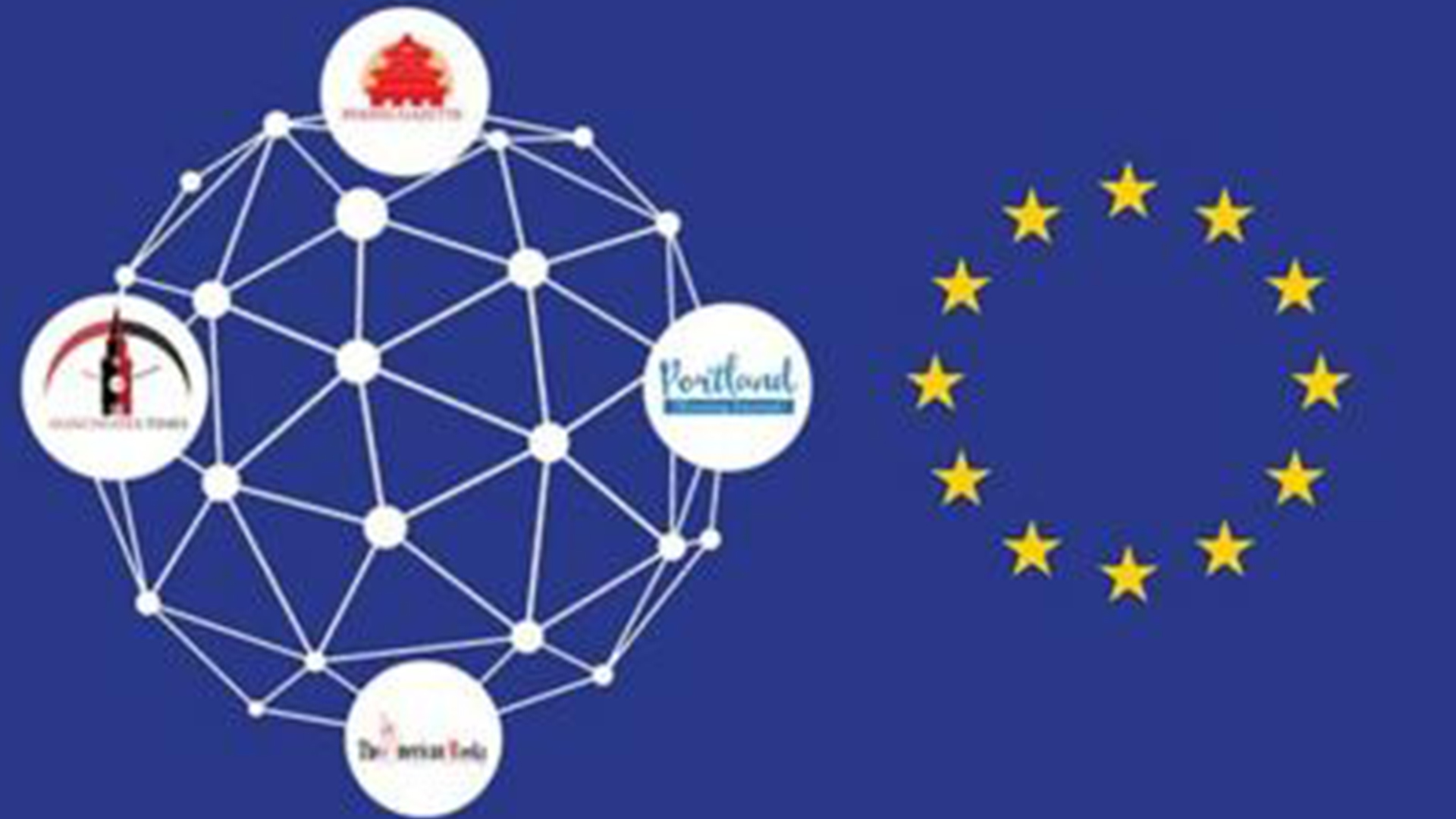4 years ago

A global network of pro-Indian fake websites and think-tanks is aimed at influencing decision-making in Europe, researchers say. The co-ordinated network of 265 sites operates across 65 countries, according to a report by EU Disinfo Lab, a Brussels-based NGO.
The researchers traced the websites to an Indian company, Srivastava Group. The network was also found to involve groups responsible for anti-Pakistan lobbying events in Europe. There's no evidence it is linked to India's government.
But researchers believe the network's purpose is to disseminate propaganda against India's neighbour and rival Pakistan. Both countries have long sought to control the narrative against each other.
"More than the fake media outlets alone, it is their combination with the fake NGOs that's really worrying because it provides a mirage of online and grassroots support to a cause. That's exactly where the disinformation lies," Alexandre Alaphilippe, executive director of EU Disinfo Lab, told the BBC.
Some suspected Russian interference, but EU Disinfo Lab, which is an independent NGO, traced the servers behind the website to Srivastava Group.
The researchers then uncovered a vast network of English language fake sites serving India's lobbying interests.
Many of the fake websites use names of defunct newspapers to provide a veneer of credibility. EU Disinfo Lab have dubbed these "zombie" sites, because the names were resurrected from dead media outlets.
For example, one of the sites is called Manchester Times. Its "About Us" section uses text copied from a Wikipedia entry about a newspaper with the same name.
But it omits an important part of the Wikipedia description, which states: "The newspaper's last issue appeared on 22 July 1922." It also fails to declare the website's links to Indian interests.
Six of the sites use misleading names, like "Times of Los Angeles" instead of the better known "Los Angeles Times".
The websites all copy syndicated content from news organisations to make them look like real news sites. They then plant anti-Pakistan stories and opinion pieces from employees of NGOs linked to the network to serve India's lobbying interests, researchers found.
The Times of Geneva is one of the most sophisticated websites in the network, and creates a lot of video content. Its activities appear to target decision makers at the UN.
The website hasn't been updated since 19 November, a few days after EU Disinfo Lab first announced its discovery of the network. It is believed that the network was created to influence international institutions and elected representatives.
Ray Serrato, an open source investigator with a focus on disinformation, noted how little social media traction the network generated.
The EU Disinfo Lab report highlights various organisations which appear to be closely connected, which have been organising "protests and conferences every year during UN Human Rights Council sessions". They focus on campaigns to criticise Pakistan for the state of minorities and persecuted groups in the country.
One group identified in the network, the European Organisation for Pakistani Minorities (EOPM), organised a protest in front of the UN in 2016, and a conference held in the United Nations Human Rights Council.